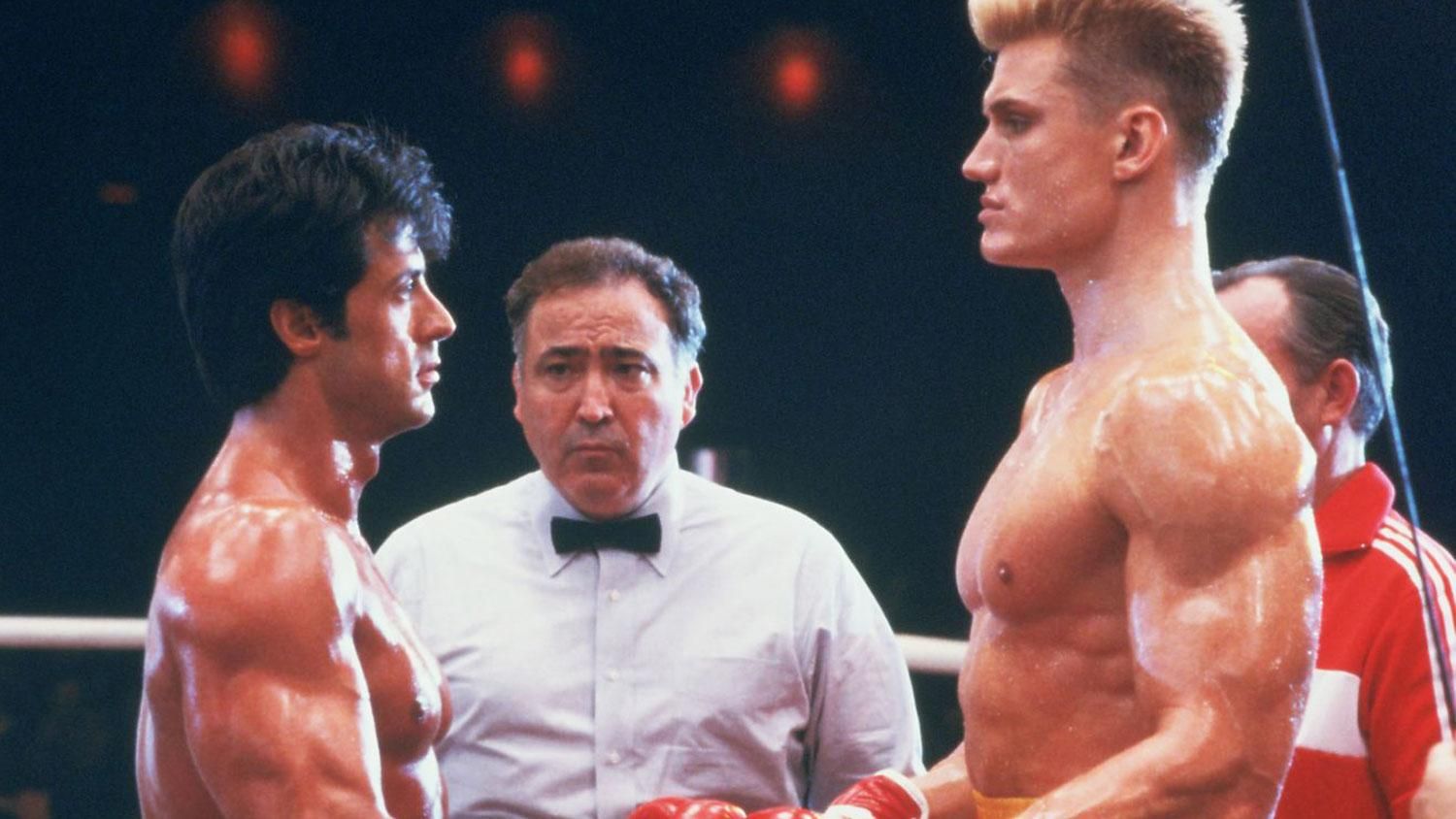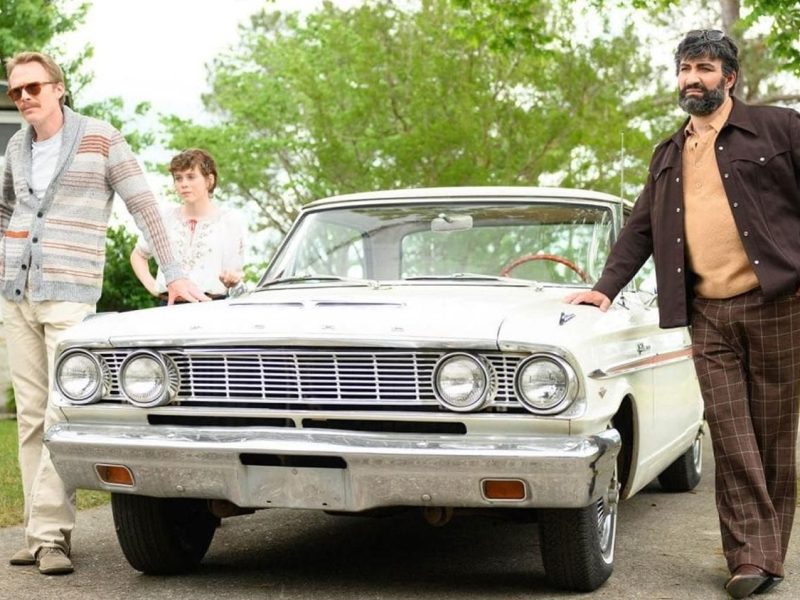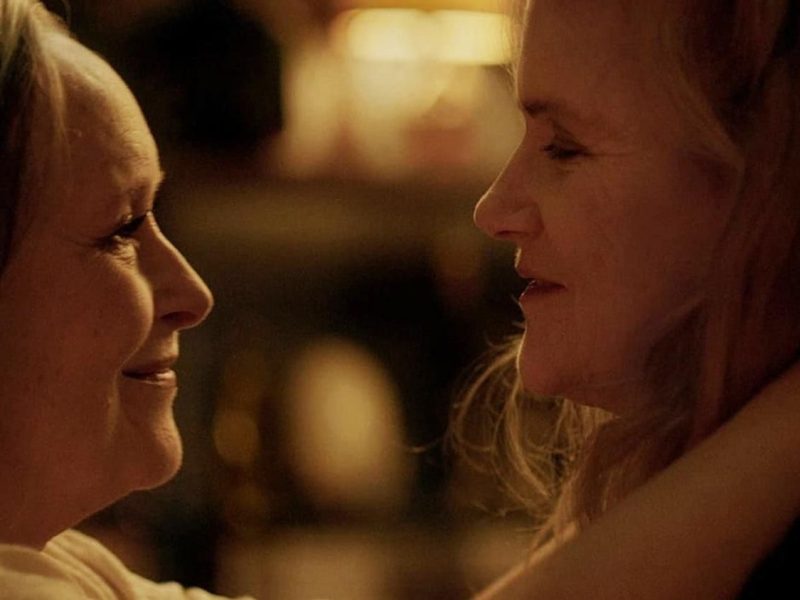Rocky IV: Rocky Vs. Drago – The Ultimate Director's Cut Review
Let's go right into the issue that's making in your head 14 sentences in an hour of theatrical edited (and the addition of 42 minutes fresh footage added) Did the montage (well, maybe an entire montage woven together by some very intense acting have they survived? Yes, they've survived! (Some aspects are worthwhile to fight for! Some feelings never die!)
The message behind the Oscar-winning film of 1976 Rocky was that, for certain males, for this particular man Rocky Balboa (Sylvester Stallone) had the ability to do the right thing. To show in the ring as well as in everyday life that he was not simply a bum (copyright Mickey Goldmill). When we came to Rocky IV in 1985, many things had changed: Rocky, now World Champion was a move out of the street and into a secure residence, with crease-free clothes and credibility in the poshing-up deal. The soundtrack and editing was MTV-ized and the full-fat Rocky franchise was seeking out the box-office cash (it is still the most commercially profitable Rocky movie). What was the message? It was evidently trying to, or had to, change: nine years later fighting, and a defeat of Apollo Creed (Carl Weathers) and Clubber Lang (Mr. T) under Rocky's belt The stakes had changed. However, what was completely clear: it was something to do with growing older, or something to do with being a soldier, or something related to being in the Cold War. Oh it was also Soviet Russia being dreadful.
The beauty of Stallone's directorial cut — which features sharp attention to Apollo and Rocky's bond and its relentless removal of all distractionsand that is not only embodies the core idea of the movie but also the purpose of the film's existence (montages left out).
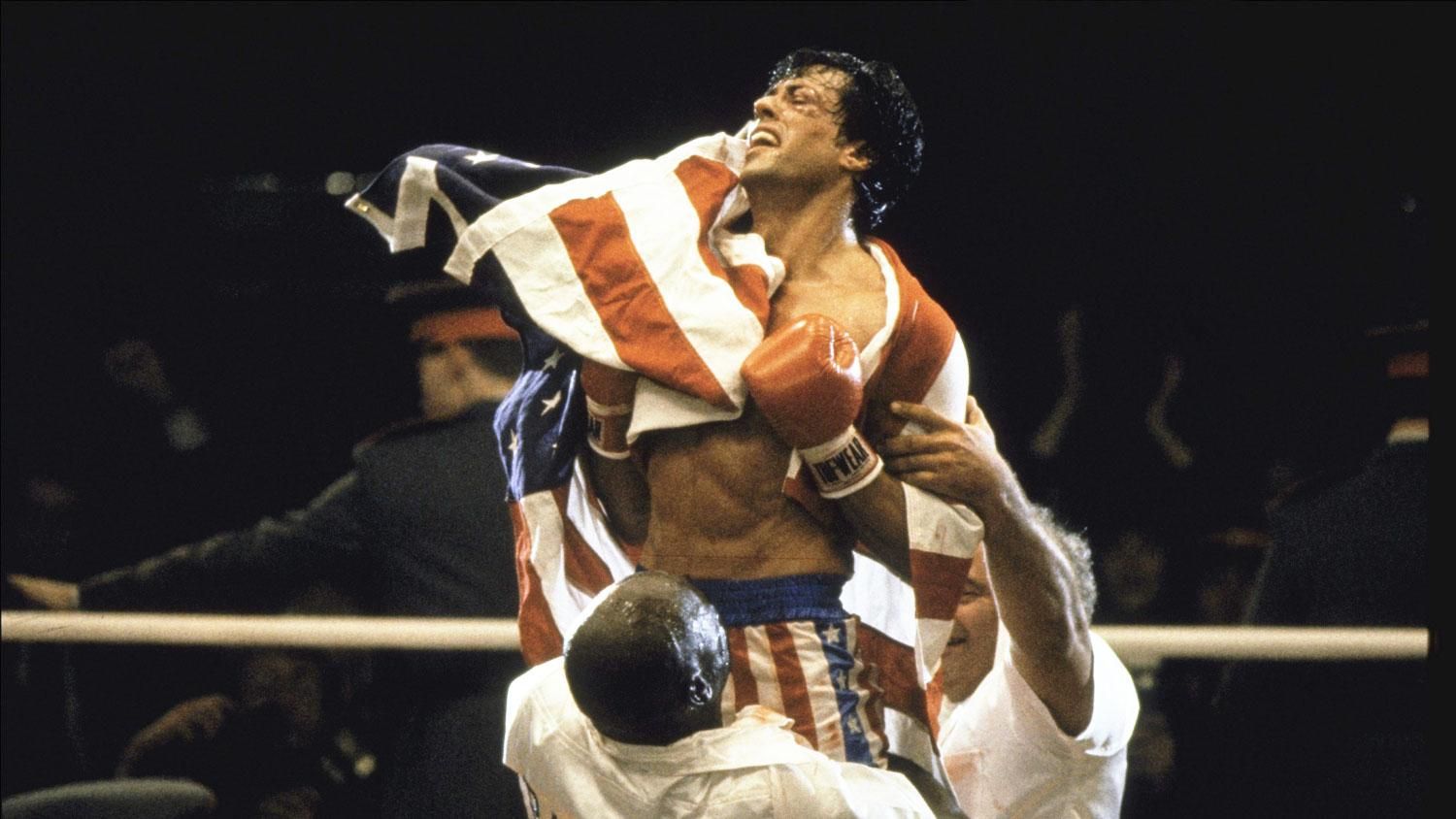
There are hints of it found within the film's theatrical versionincluding the speech of Apollo when he pleads with Rocky to help him out in combating the newcomer, Dolph Lundgren's Drago (in the scene which is Stallone's finest writing since the film's first: "Without some challenge, without some conflict to fight, the warriors may just as well die, Stallion"). In the film's expanding lanced, the concept of a noble legacy the code of warriors that defines what it expects and from whom, comes to the forefront. It's given a greater emotional impact through snippets from Rocky II's poignant "Vigil," which is now playing alongside Apollo's passionate dialogue. It's it's then augmented with a previously unreleased two-hander that reveals Rocky's resistance and Apollo's desire. When Rocky eventually agrees to stand up for his side for the last time, it becomes evident that he's a part of the tragic events that follow in the circle.
It's a more dark setting to the movie (and can be used in changing the context of the three previous films) and can help to limit its most egregious indulgences. Without the excess breathing so much The story of Rocky then making a promise for a fight with Drago to the death in Russia during Christmas Day becomes clear: It's not about resolving this issue of the Cold War or even a simple revenge tale with a splash of patriotic fervor. Rocky must discover a way to break out of the bindings. Find an opportunity to alter. Apollo was unable to do so, the story says in more detail and he passed away due to it.
This thematic perfection also requires additional screen time for the wife of Rocky Adrian (Talia Shire) as well as Apollo's trainer and substitute dad Duke (Tony Burton) who were both sadly under-served initially. The latter voiced their frustration over Apollo's refusal to accept any other life than that of the fighter ("Apollo deserves to be loved and he can't bear to be ignored. He's going have face this and you too") and apprehension that Rocky is likely to meet similarly. Rocky, on the other hand, gave a heartfelt tribute at Apollo's funeral ("The warrior is entitled to choose his path in living and also his method of dying").
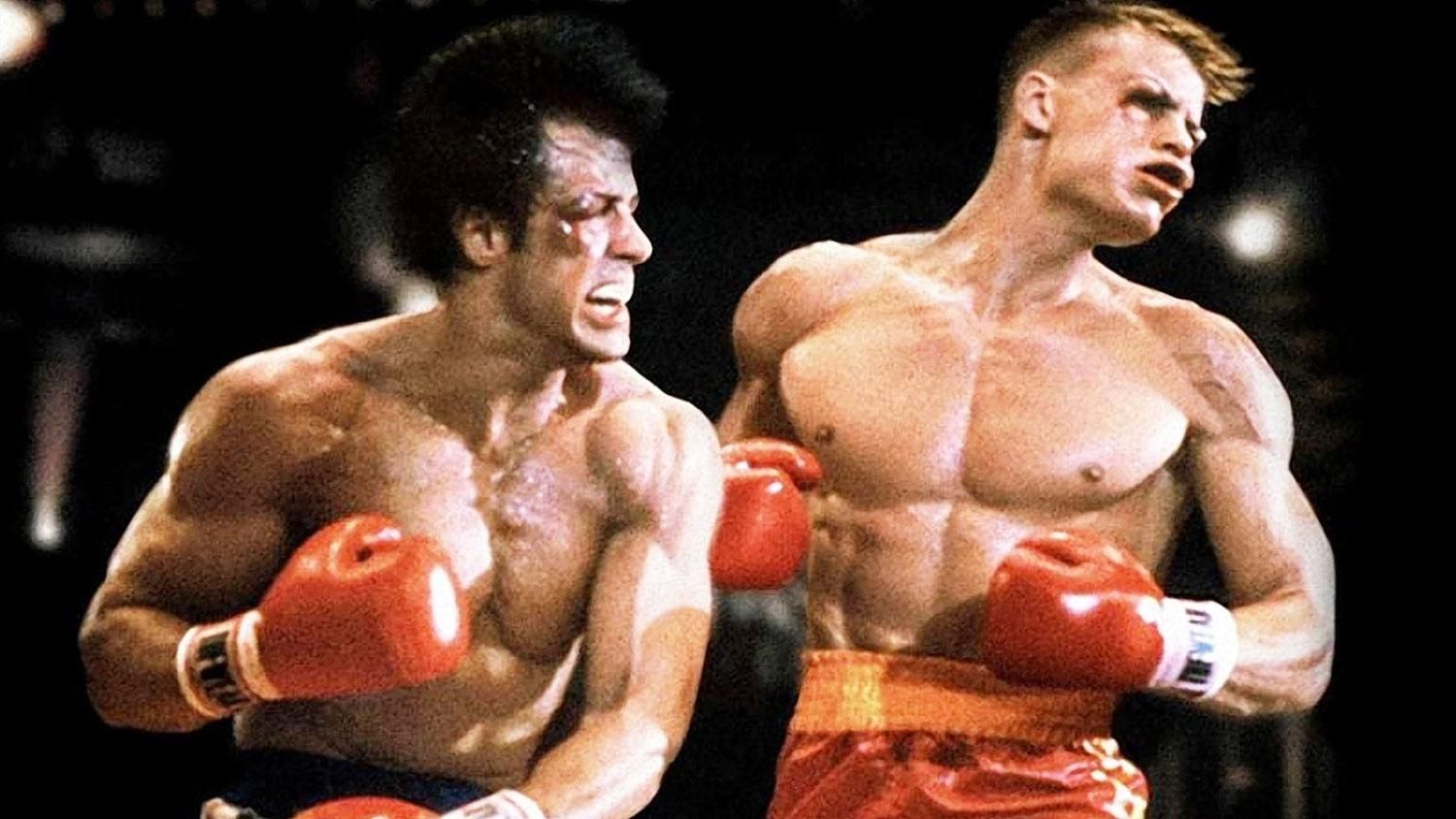
Alongside Stallone's script his fight scenes always the center and the pure force of the Rocky film. The choreography and the commitment (Stallone states that he was close to death when he was punched in the face by Lundgren In IV) are portrayed in a big way on the screen. Stallone is able to knock his opponents (ahem) by using additional footage, a higher intensity, and improved sound design. Most importantly, Apollo regains a bit of respectability in the Drago fight, which is edited to allow an opportunity for retaliation, before the canvas is hit with his body, moving.
With the robot comes the fun. It's evident that the director would have given up for an edgier, more character-driven film.
It's not always a success The final triumph is now underscored by 'Eye of the Tiger instead of 'Heart's on Fire', resulting in an uninspiring (even in a tone that is more fitting) closing; there's an internal monologue that really should have been kept in the middle of the edit. Also, oddly, the oil-soaked fighting scene among Apollo and Rocky which was the opening scene initially, and revealed the intense intimacy between them in their relationship, was not able to be sustained (but it's replaced by an updated recap of III that demonstrates just how vital Apollo had been to Rocky's success as a warrior and man). There's also the most brutal cut that's all there is: yes that robot is put away for pasture… are robots supposed to get out of their homes? Whatever the case, along to the machine (Stallone has removed every scene) is the humor. It's clear that the director would have given up for a more subdued and character-driven film. However, let's say that: Paulie (Burt Young) being a flirt with a female robot as his beer-stained vest runs up his hairy tummy isn't appreciated.
Stallone is, however, cut the film with serious intent (and the intention of being serious) and extends to the enemy as well, with the Soviets doing better this time. The full-throttle jingoism has been cut back, and there's an array of positive edits, with some that aren't obvious to the majority of viewers, like the shifting of a scene that shows Mrs. Drago (Brigitte Nielsen) without a trace of smoking cigarettes during the deadly fight, before the punch hits instead of the moment when Apollo is battered and bloody trying to make them look like real human beings.
Drago, who had nine complete dialog lines in his stage version, has a handful of additional lines as well as an unintentionally over-wrought (and beautiful) slow sip of water. This brand new dialog (and acting) exposes the rifts between Drago and the state he is seeking to control the state. It is a necessity to reconstitution following the events Drago was a part of during Creed II.
Perhaps most fascinatingly, this fresh version in Rocky IV suggests that contrary to the notion that Apollo Creed believed (and lived and died for) The code of the warrior isn't ascribed to patriotism, and that it belongs to no single nation. Ivan Drago too is a warrior. And , in that sense, it is a part belonging to no one person. The responsibility for change shouldn't be the sole responsibility of one person. Rocky the franchise has always had something fascinating to share about the power of masculinity, and the way it's perceived, interpreted and appreciated. Finally, Rocky IV has found its voice on the subject. There are things worthy of waiting! Some feelings never die!
